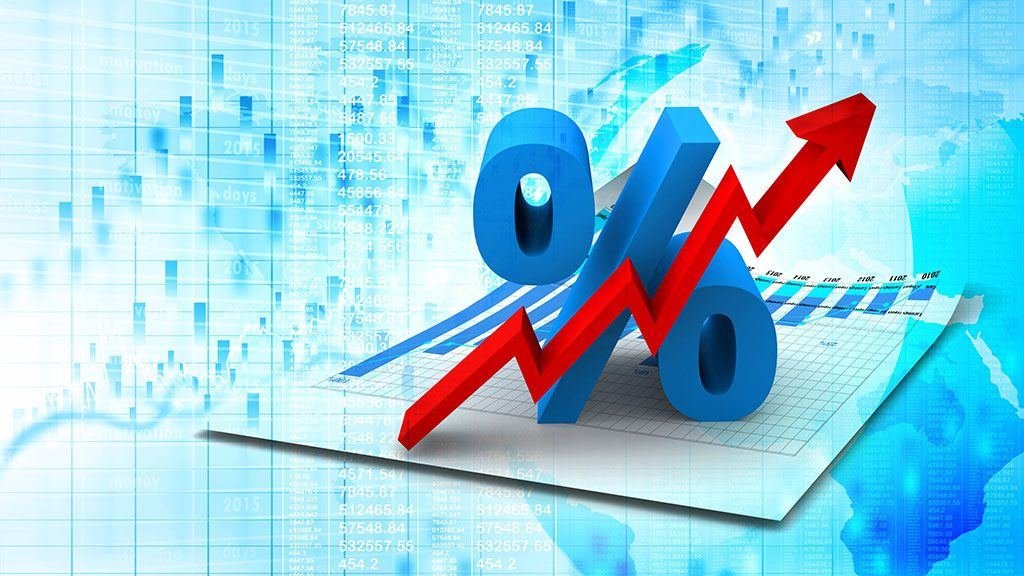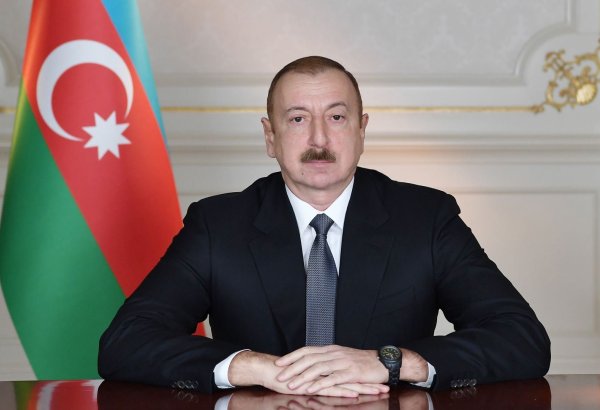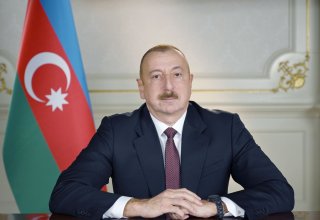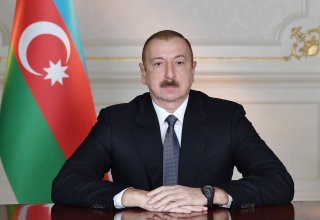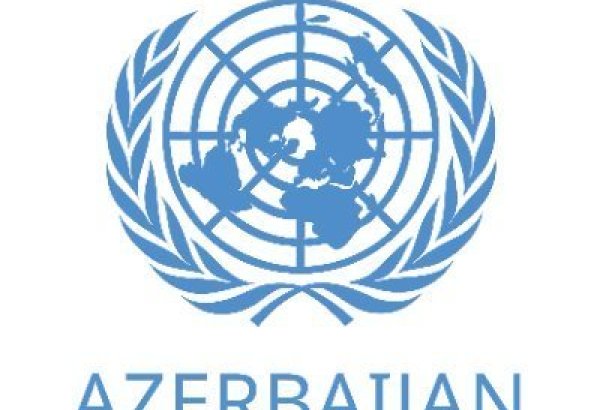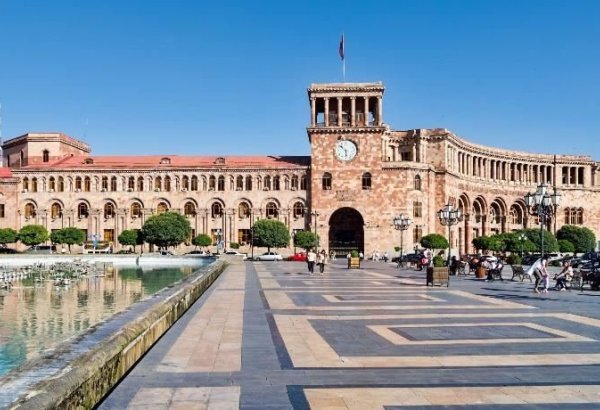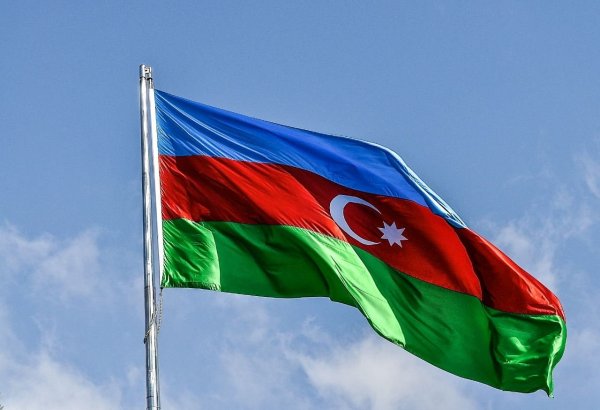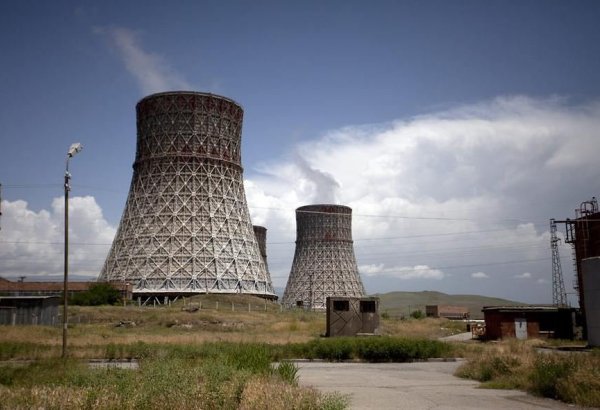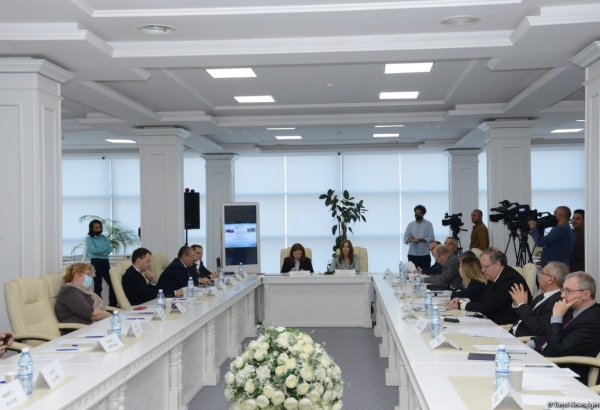The inflationary pressure has increased due to continuing rise of food prices in most countries, as well as in the countries - main trading partners of Azerbaijan.
The rising prices for products with low level of local production or predominant import are observed in Azerbaijan.
External factors affecting inflation greatly intensified in 2021, having a great impact on Azerbaijan as well. Grain prices on the world markets in December 2021 increased by more than 45 percent compared to the last two years.
The cost of imported wheat increased from $253/ton in January 2021 to $340/ton in December. At the same time, the average annual inflation in Azerbaijan amounted to 6.7 percent, including food inflation - 8.1 percent, non-food inflation - 5.1 percent. The annual inflation rate was 12 percent.
The process of effective organizing and regulating the food market must always be in the spotlight as the standard of living and reliable provision of population with food directly depends on it. The goals of achieving a balance of supply and demand in the food market and increasing the level of self-sufficiency through the growth of agricultural production have been set in Azerbaijan.
The state structures will resolutely suppress the cases of unfair competition, market transactions, artificial inflating of prices through the administrative levers and intensive antimonopoly control over the consumer market.
A flexible and comprehensive anti-inflationary program of the country will allow keeping inflation factors under control in the short term.
Deputy director of the Russian School of Economics, professor at the Azerbaijan State University of Economics Elshad Mammadov spoke to TurkicWorld, saying that the government immediately reacted, taking urgent measures to curb inflation.
He said that inflation today is one of the biggest problems.
“Due to its dependence on import, Azerbaijan greatly imports the inflation that is spreading very quickly in the world economy,” Mammadov said. “It is greatly related to the structural problems of the global economy and the gap in transport and logistics production chains.”
“We must first of all fight inflationary signs through the increase in production, for which it is necessary to increase investments,” Mammadov said. “I think that the antimonopoly service must work more actively in terms of combating artificial price hikes, including that in the trade sector and slightly in the manufacturing sector."
“Exchange rate fluctuations can also have a great negative impact on Azerbaijani manat,” Mammadov said. “I think that in general, anti-inflationary measures must be primitive and systemic. As we can see, the inflation surge is being increased and systemic measures are required to curb inflation.”
Meanwhile, head of the South Caucasus Political Scientists' Club Ilgar Valizade thinks that a comprehensive approach is required to solve the topical problem of food security.
“Our government demonstrates a comprehensive approach,” he said. “Various mechanisms of customs regulation (reduction of duties on the main imported food products) and cooperation with other countries are used in this approach.”
Valizade stressed that it is necessary to make important the issues of introducing new means of production, intensifying agricultural production.
“Of course, Azerbaijan has already begun to implement these procedures, which will greatly contribute to solving the food problem, and, of course, special attention will be paid to this work within the strategy for the development of the Azerbaijani economy for 2022-2026,” Valizade said.
He said that the financial stability of any country and its economy mainly depends on macroeconomic indicators, in which the trade balance plays an important role.
“A surplus was observed in Azerbaijan's trade turnover as of 2021,” Valizade said. “This factor affects the provision of our economy with resources, in particular financial ones.”
Valizade said that the reasonable prices for energy resources, namely, oil and gas, which are the main sources of income of the Azerbaijani economy, greatly contributed to the achievement of a positive balance.
“Our country increased the volume of export of the non-oil products in 2021, which ensured an additional inflow of foreign exchange reserves,” he said.
Valizade said that this shows that nothing threatens Azerbaijan's financial stability, adding that gas and oil prices will be quite optimal for the Azerbaijani economy in 2022.
“During this year, perhaps, we will see a decrease in oil prices, but in any case, the reserve of budget funds is quite big,” Valizade said. “Of course, it is also necessary to take into account the restoration of Karabakh region. Millions of hectares of the Azerbaijani lands liberated from the Armenian occupation will greatly contribute to the intensification of agricultural production and the solution of food security problems in Azerbaijan.”
“We have 17 million hectares of land in Karabakh region, 10 million of which are suitable for growing agricultural products,” he said. “This will give an additional impetus to the development of the agricultural sector.”








